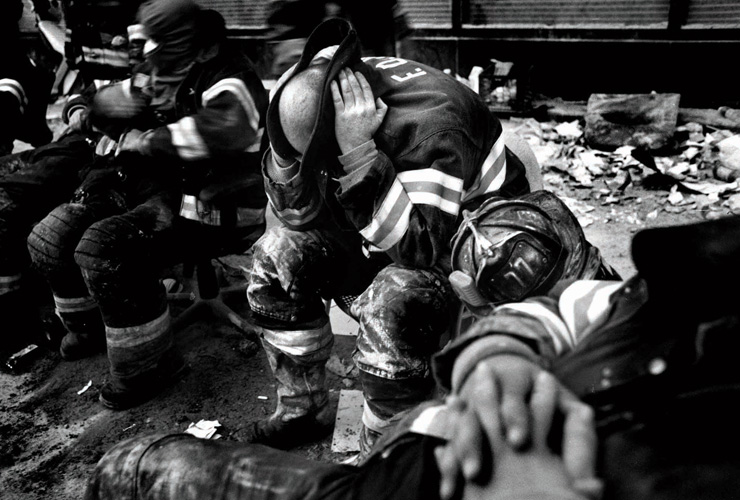 They work at the edge of life and death, firefighters along with others exposed to traumatic stress, among them soldiers and military veterans, paramedics and police officers.
They work at the edge of life and death, firefighters along with others exposed to traumatic stress, among them soldiers and military veterans, paramedics and police officers.
And if they are disabled by duty-related trauma, often they do not get help.
Instead of acknowledging feelings, asking for help or seeking appropriate treatment, they may turn to alcohol or drugs. They may become frustrated, discouraged, angry or irritable. Some may immerse themselves in work or hobbies, or engage in reckless behavior.
A key to helping these high-risk populations say experts?
Assessing where potentially suicidal individuals may be found—courts, chemical dependency treatment settings, workplaces, prisons, churches—and aggressively expanding the spectrum of care to include these sites that are well beyond the traditional health care delivery system, yet critical to saving lives.

